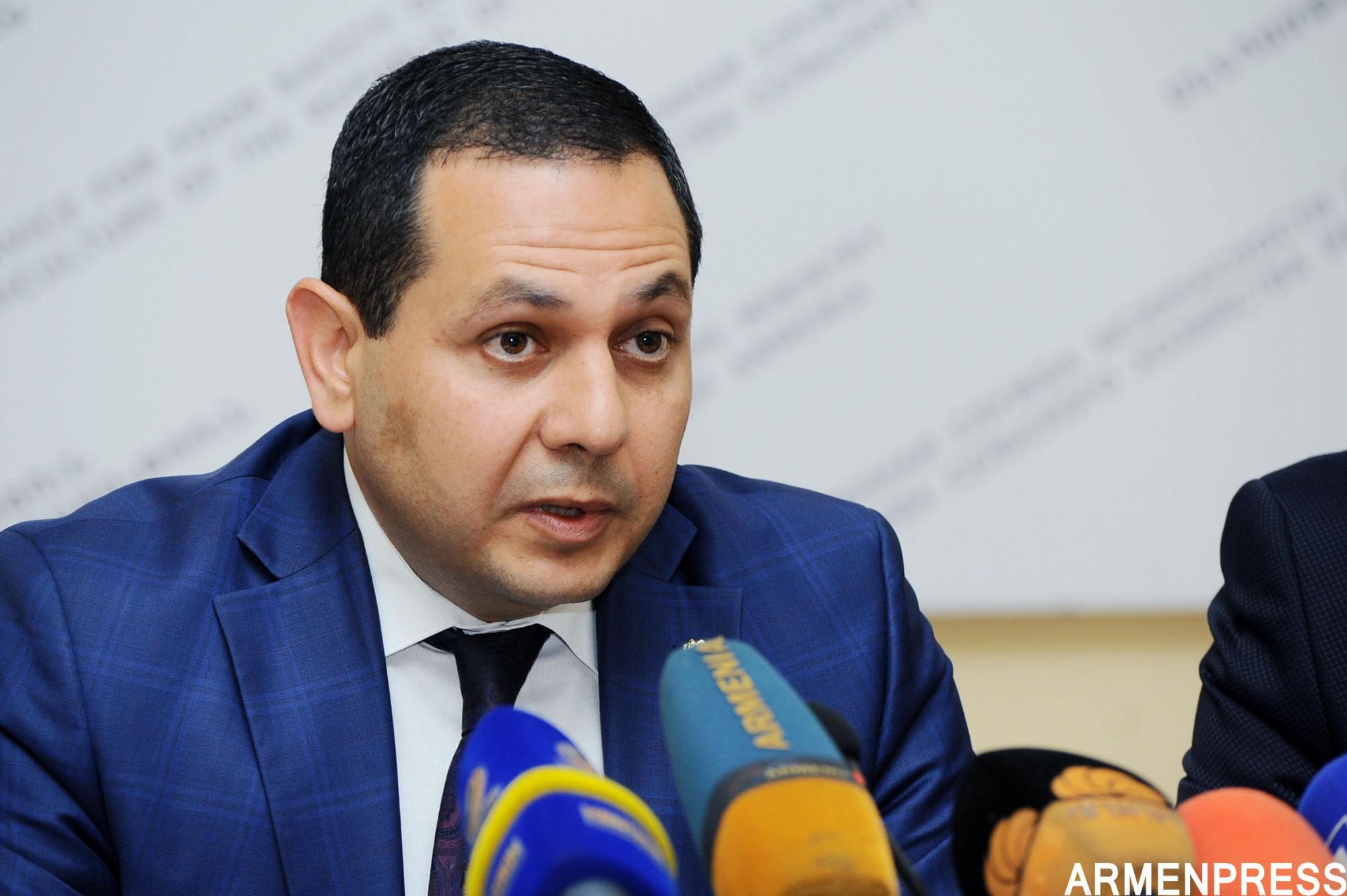
Food Safety in Armenia: Imports from Turkey, Azerbaijan and Pakistan Pose Greatest Risk
Interview with Vahe Danielyan, who heads Armenia’s Food Safety and Quality Control Inspection, a division of the Ministry of Agriculture’s State Service for Food Safety (SSFS).
What are the high-risk products which come through the border?
Products of animal origin,both processed and unprocessed, and food intended for children are high risk products. There are different classifications for products, which are high risk, medium risk and low risk.
How are these risks mitigated?
For each product, there are particular aspects taken into consideration, such as the country of origin, the type of product being imported, the rating of the product in the international product, if there have been cases of fraud with the product, and if problems have occurred with the type of product in the Armenian market.
For locally produced products there are technological categories that have to be met which are monitored so that the product meets the requirements. For example, pasteurization of certain products is an initial step in mitigating some types of risks for those products, an aspect you can consider.
The considerations are country of origin, type of product, for testing, the rating in the international market, the likelihood of the product to be fraudulent.
Which products are most commonly targeted for fraud?
There are different types of fraud. Dairy fraud is an example.This usually happens whendairy products use palm oil during production and fail to list it as an ingredient. Ingredient fraud is also common, that is, products using ingredients which are not listed on the product’s information label. Trademark fraud is also a common issue.
Are there any countries which pose a greater food safety risk?
Whether the imported product is from a developed, transitional developing, or developing country is considered when the product arrives in Armenia. It is also important for us to have some kind of cooperation with these countries and their government bodies.
For us, the most high-risk nations are Turkey, Azerbaijan and Pakistan, particularly Pakistan, as they have not recognized Armenia’s sovereignty and because we have no diplomatic relationship with them. However, both Pakistan and Armenia are part of the World Trade Organization. Any product arriving from Pakistan is particularly examined.
What measures are in place in terms of food safety control?
There’s the training of staff who are involved in food safety, particularly on what they have to pay attention to as well as establishing new laboratories right at the borders to examine food as it enters the country.
There have been deliberations to making changes to importation legislation to introduce restrictions based on our experience.
For example, more restrictions for the importation of child products, as it is important for us to have full control for products intended for children.
The most important problem deals with the lack of financial resources, which restricts the amount of monitoring programs we can implement. The more monitoring we have, the more control we can have with the safety of imported products.We are planning to start monitoring this year for first-time products of both animal and non-animal origin.We will be monitoring for antibiotics residue, chemicals residue and microbiological content. We can mitigate the microbiological risks with new technology.
Sanctions against producers?
In the scope of our department, all we can do is administer fines if the producer has falsified something or caused damage.All we can do is implement an administrative fine and restrict their production, which is more reasonable then implementing a fine.For us there is no difference if the business is large and small, our job is to control and make sure the production is of high quality and safe.
After the collapse of the Soviet Union we have also had more difficultybecause rather than being one large business, there are manysmall businesses and it is harder to organize control and monitoring over the many small businesses.
What measures are in place for locally produced goods?
There are scheduled annual tests because 70% of local organizations produce high-risk goods. We also listen to feedback from consumers on our hotline and media reports. Producers are responsible for the testing and certification of their own products before selling them, though the SSFSwill control and monitor if necessary.
What diseases, of plant and animal origin, does the SSFS keep an eye out for?
Plants go through sanitary control, this inspection is part of the Food Safety Service, we make sure food of plant origin is free of disease and this is within our jurisdiction. There is a list of registered of diseases which have and have not appeared in Armenia.
Sarmen Bedrosian
Food Science and Agribusiness Alumnus
University of Sydney
photo: armenpress
 Videos
Videos Photos
Photos
Write a comment